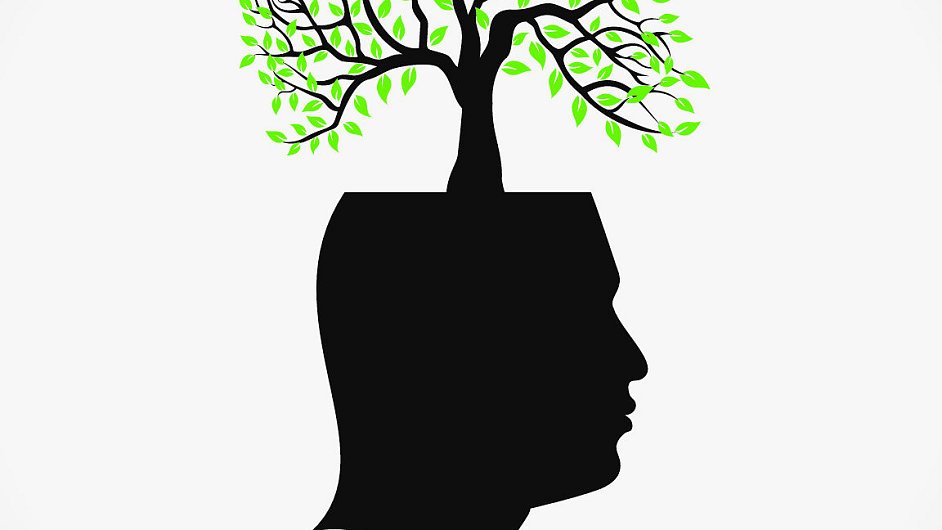Personal development is an ongoing journey of self-improvement that encompasses all aspects of your life—professional, personal, emotional, and physical. It’s about setting goals for yourself and taking steps to achieve them, thereby enhancing your abilities, quality of life, and realizing your potential. Here’s a comprehensive guide on how to work on yourself and achieve your goals, ensuring a fulfilling path towards personal growth.
Set Clear Goals
The first step in personal development is to define clear, achievable goals. Whether you aim to advance in your career, improve your health, or develop a new skill, setting specific, measurable, achievable, relevant, and time-bound (SMART) goals gives you direction and a benchmark for success.
Embrace a Growth Mindset
Adopting a growth mindset, a concept popularized by psychologist Carol Dweck, is crucial for personal development. It’s the belief that your abilities can be developed through dedication and hard work. This perspective encourages learning from failures and viewing challenges as opportunities to grow rather than insurmountable obstacles.
Cultivate Self-Discipline
Self-discipline is the foundation of personal growth. It’s the ability to focus on your goals, make consistent efforts, and maintain a level of self-control that drives you towards achieving your objectives. Building self-discipline involves setting routines, avoiding distractions, and staying committed to your goals, even when the initial motivation wanes.
Invest in Continuous Learning
The pursuit of knowledge is never-ending. Whether through formal education, self-study, or experiential learning, continuously expanding your knowledge and skills is essential for personal and professional development. Embrace curiosity, seek out new challenges, and always be willing to learn from others.
Practice Self-Reflection
Regular self-reflection is vital for understanding your thoughts, feelings, and actions. It allows you to assess your strengths and weaknesses, make sense of your experiences, and guide your future actions. Keeping a journal, meditating, or simply spending time in quiet reflection can provide valuable insights into your personal development journey.
Develop Emotional Intelligence
Emotional intelligence (EI) is the ability to understand and manage your own emotions and those of others. Developing EI can lead to better relationships, career success, and overall well-being. It involves being aware of your emotions, regulating them, empathizing with others, and handling interpersonal relationships judiciously and empathetically.
Build Resilience
Life is full of challenges and setbacks. Resilience is the ability to bounce back from adversity, learn from your mistakes, and keep moving forward. Cultivating resilience can involve maintaining a positive outlook, setting realistic expectations, and finding meaning and growth in difficult situations.
Seek Feedback and Mentorship
Feedback is crucial for understanding how others perceive you and identifying areas for improvement. Seek constructive feedback from colleagues, friends, and mentors. Additionally, finding a mentor who can guide you, offer advice, and share their experiences can be invaluable for your personal development.
Prioritize Health and Well-being
Physical health and mental well-being are fundamental to personal development. Regular exercise, a healthy diet, sufficient sleep, and stress management practices like meditation can enhance your overall quality of life and improve your performance in all areas.





1 comment
http://magazindrevostavby.cz/
https://4econom.cz/
https://4ekonom.cz/
https://5plus.cz/
https://abcfirmy.cz/
https://aktual24.cz/
https://aliving.cz/
https://all4home.cz/
https://all4living.cz/
https://ambasadorky.cz/
https://atraktivnizeny.cz/
https://az-stavby.cz/
https://bfin.cz/
https://bydletevesvem.cz/
https://denikpodnikani.cz/
https://deniksuper.cz/
https://dobrezdravi.cz/
https://magickebydleni.cz/
https://magickydomov.cz/
https://mangoo.cz/
https://milionovazena.cz/
https://nejlepsizivot.cz
https://newstory.cz/
https://pohodovazena.cz/
https://primadnes.cz
https://primamamy.cz/
https://provasebydleni.cz/
https://quickfinance.cz
https://snadnefinance.cz/
https://vyhodnefinance.cz/
https://elstyle.cz/
https://magazindrevostavby.cz/
https://mojezahrada.cz/
https://homenews.cz/
https://praha.plus/
https://automotonoviny.cz/
https://financnizpravodaj.cz/
https://zalozkuj.cz
https://info247.cz/
https://financelogicky.cz/
https://ekonommag.cz/
https://domov-portal.cz/
https://dnesnimama.cz/
https://bytovyporadce.cz/
https://dns24.cz/
https://profimagazin.cz/
https://www.snadnefinance.cz
https://ibanker.cz/
https://casopisvyroba.cz/
https://dennizpravy.cz/
https://omlazeni.info/
https://crazycow.cz/
https://hi-techmag.cz/
https://dnesaktualne.cz/
https://ovyrobe.cz/
https://luxjournal.cz/
https://luxusstyl.cz/
https://magazindrevostavba.cz/
https://magazinozdravi.cz/
https://propodnikani.cz/
https://magazinelixir.cz/